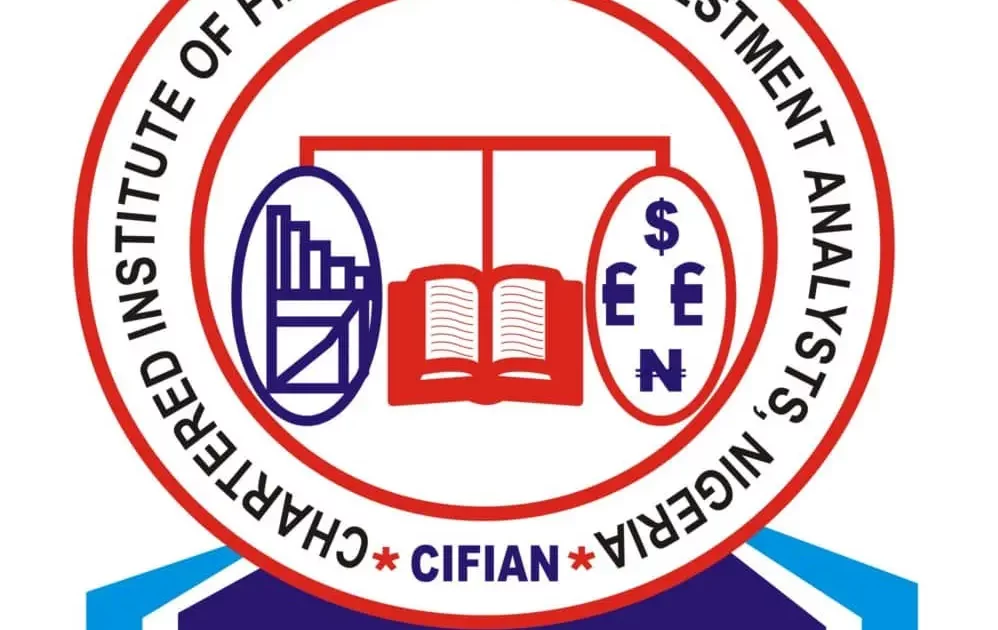The Chartered Institute of Financial and Investment Analysts, Nigeria, has urged the Federal Government to harmonise its sugar-sweetened beverage tax policy with the nation’s public health objectives and industrial development goals.
The institute warned that steep tax hikes without a coherent framework could hurt the sugar economy, undermine jobs, and fail to achieve the intended health outcomes.
Speaking at a policy workshop on Wednesday in Lagos, themed ‘Understanding the Impact of SSB Taxation on Nigeria’s Sugar Economy: Supply, Demand, and the Policy Disconnect’, CIFIAN President, Prof. Godfrey Omojefe, said the N10 per litre excise duty introduced in 2022 had already produced significant economic consequences.
Citing National Sugar Development Council data, he revealed that sugar consumption declined by 16 per cent in 2023, while domestic production fell by 35 per cent from 46,479 metric tonnes in 2022 to 30,053 metric tonnes in 2023.
Omojefe said, “These drops are linked to a tough economic environment and the direct impact of the SSB tax on beverage manufacturers, who are among the largest industrial consumers of sugar.”
He noted that while the tax was introduced with good intentions, its design lacked a holistic framework and risked harming local production, investment, and jobs.
CIFIAN criticised recent proposals by advocacy groups, including the Corporate Accountability and Public Participation Africa, to raise the excise duty from N10 to N130 per litre.
Omojefe warned that such an increase could “push retail prices up by between 20 per cent and 50 per cent, trigger a sharp drop in demand, reduce aggregate beverage production, and weaken the Nigerian Sugar Master Plan.”
The Master Plan aims to achieve self-sufficiency in sugar production, reduce imports, create jobs, and save foreign exchange. The Institute warned that punitive taxes on SSBs could discourage sugarcane cultivation, refinery expansion, and backwards integration.
Omojefe added that Nigeria’s sugar consumption remained below the World Health Organisation’s recommended threshold and far lower than many African and global peers.
“Focusing solely on punitive taxation, without addressing broader lifestyle and dietary factors, will yield limited health gains,” he said.
He called for a nuanced taxation model that incentivises healthier product reformulation and innovation, offers policy incentives for low-sugar and sugar-free beverages made from local inputs, and ensures fairness across all high-sugar products.
The Institute also urged transparent use of tax revenue, with clear proof that the funds support healthcare infrastructure, public health campaigns, and preventive programmes.
Omojefe recommended an independent review of the SSB tax every three years to assess its health and economic impacts, stressing the need for “continuous engagement between government, health advocates, and industry leaders to safeguard public health while preserving industrial competitiveness.”
He concluded, “From contradiction to coherence, that is the path Nigeria must take to balance health imperatives with economic sustainability.”















